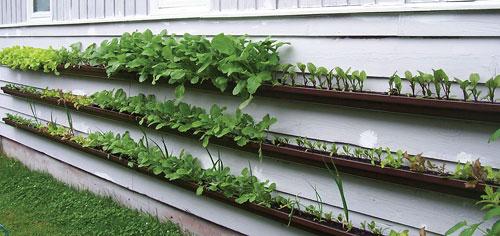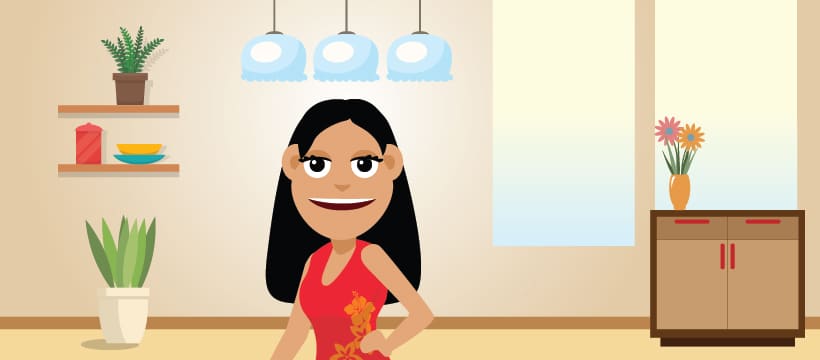The current ‘stay at home’ order gives us the perfect opportunity to engage in many activities that we would normally be too busy to do. We can learn something new, give more time to a hobby or enjoy more quality time with our family. Why not try something that encapsulates all three like starting a home garden?
Caring for a home garden is an excellent way to:
- Use extra time productively
- Save money spent at markets/groceries
- Bond with your family and teach your children life skills
- Get some physical exercise and a little bit of sunshine while at home
- Ensure you have fresh ingredients for your pot in the future
- Manage stress related to current social restrictions
You are probably saying to yourself that you know nothing about gardening and how to even begin? Fear not. It’s rather simple to start growing your own food.
Here’s what you’ll need:
- A small area in your front or backyard to set up your garden
- Pots to plant in; these can be any clay or solid plastic containers
- Potting soil (or garden soil if you don’t have or can’t get potting soil)
- Pebbles, gravel or stones
- Seeds or seedlings (these can be from kitchen scraps)
- Any watering vessel (this can be an old kitchen jug)
- Garden tools like a mini shovel or fork for dealing with soil
- A lot of helpful hands (this is a fun family project)
Choosing the Right Plants to Grow
Naturally, the plants that you should feature in your home garden would depend on the produce that your family uses the most. These can be herbs used in cooking like chive, chadon beni, basil, parsley, oregano, thyme etc. You can also consider: pimento and sweet peppers, bodhi, cucumber, lettuce, patchoi, kale and celery. The good news is that you won’t need to purchase seeds or seedlings for some of these. Instead, you can simply cut off a piece of the bottom of any produce that you already have at home and use it to replant. For fruits, simply use the seeds of the fruit. Always remember to do proper research on each plant to ensure that you are familiar with the right growing conditions and plant care instructions.
Getting Started
To begin, gather all the supplies you’ll need and place them in the designated area. It is best to plant in the early morning or very late afternoon when the sun is not too hot and harsh. Ensure that all your pots have holes at the bottom to promote proper drainage. In each pot, add a layer of pebbles and follow up with potting soil until the pot is filled enough to accommodate a plant. Use your finger to make a hole in the soil and put in your cuttings or seeds. Cover up the base (or the entire seed) with soil neatly and water the new plant lightly.
Taking Care of Your Plants
This is the part that would be especially fun for children. Establish a routine to check on and care for your plants on a daily basis. Each plant would have their own care instructions so ensure that you research and are following them. Generally, you would need to ensure that your plants are well-nourished and that the soil is well-aerated. This may require you to water them regularly (always check the moisture in the soil before adding more water!) as well gently turning the soil to ensure that air can get in. Watch out for pests too and research organic solutions that use items you have on-hand to defeat them.
Making Compost
As your garden grows, you can make your own organic compost from items that you would normally throw away, such as banana and potato peelings, vegetable ends etc. This would reduce your need to purchase expensive fertilisers or use harmful pesticides. To make your compost, make holes along the sides of a large container like an old garbage bin. Throw in the kitchen scraps, along with some shredded newspaper and grass cuttings, cover and leave to decompose. Every week or so, roll the bin so that the contents are evenly mixed up.
And that’s it for starting your home garden! Feel free to experiment to see what’s best for your family needs. Always remember to be safe and smart and you’ll do just fine.







